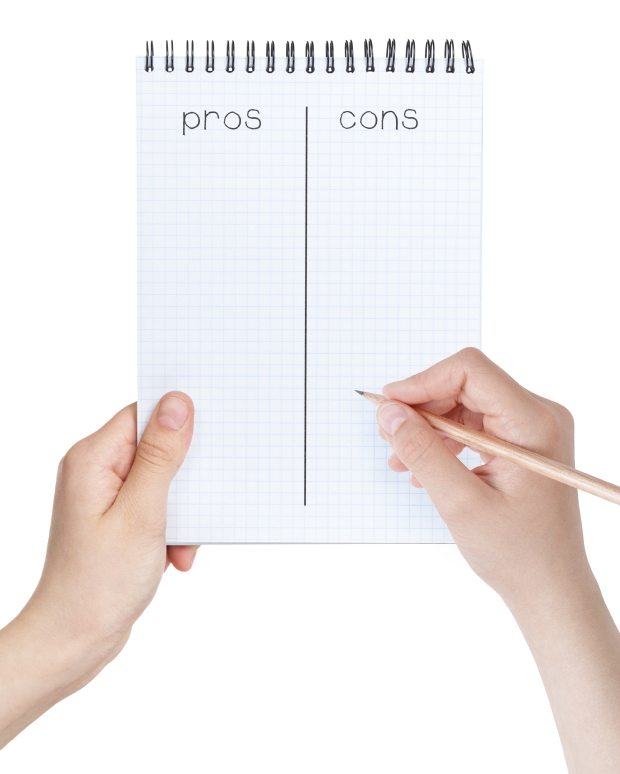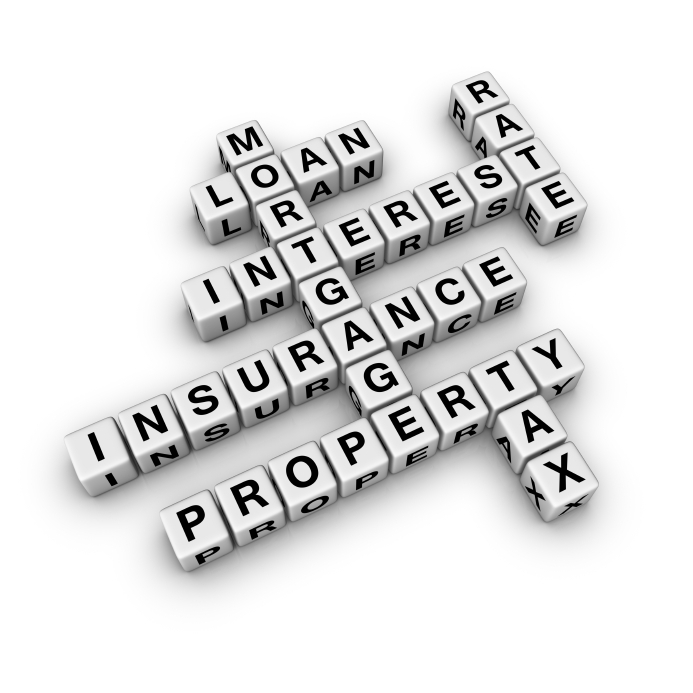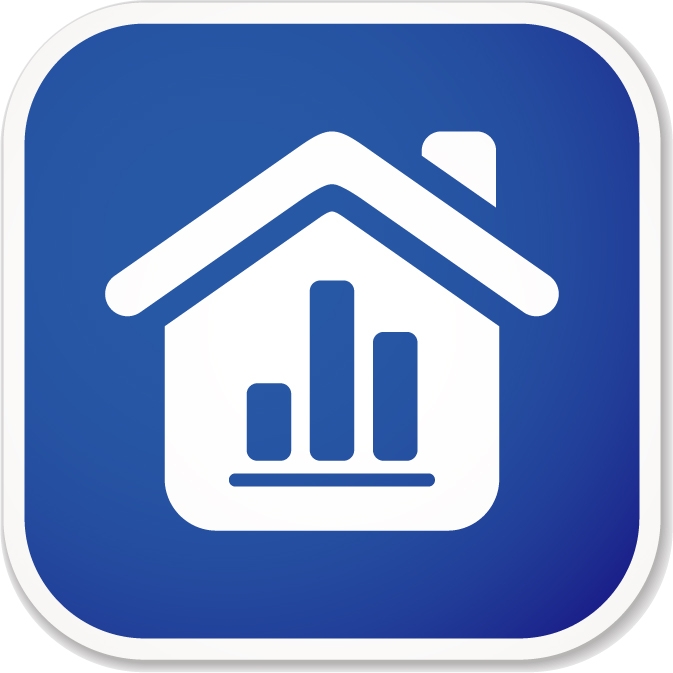Understanding the housing market
Have you ever wondered who decides how much a house is worth and how they do it? The market is influenced by a variety of factors, all adding to the final asking price. A few of the factors include:
- Tempo of the market– the speed at which homes are currently selling
- Confidence in the economy– prices have the tendency to go up when confidence is high
- Competition within the market– a packed market tends to result in lower prices
- Financial Institutions– a professional appraiser will determine the property’s lending value
- Insurance Companies– a broker will calculate the property’s replacement value
- The buyer and the seller– ultimately, buyers and sellers decide the final purchase price, which in turn influences the market
Seller’s Market vs. Buyer’s Market
Instability in the market scares people– sometimes right out of moving. A better understanding of the market will help you choose the best time to sell.
Cycles in the market are strongly influenced by the economy. The economy can produce both a shortage and a surplus of housing. In a seller’s market many buyers are competing for a limited number of houses. Prices on houses tend to be higher in a seller’s market. Conversely, in a buyer’s market there are plenty of houses to choose from. This surplus of housing can slow rising prices, as well as cause price reductions, which can ultimately impact your low mortgage rate.
Knowing the market is an important factor when selling or buying a home. Be sure to research the current market and best mortgage rate, or hire a real estate professional who is aware of the complexities.
Canadians take, on average, 11 months to plan their Canadian mortgage rate home purchase and 88 percent indicate that they have a good sense of how much they can afford. (Source: CAAMP).
Buy First, or Sell First
This is one of the biggest concerns for sellers. Unless you time both the purchase and sale perfectly, you could end up in one of two scenarios: living in a motel temporarily, or paying two mortgages at the same time. Neither sounds very appealing. Here are a few things you can do to avoid this dilemma:
Make it ‘conditional’ that your offer to purchase stands only if your current home sells. However, in a hot market (i.e. seller’s market), the seller could reject your offer for a more suitable one.
If you receive an offer, negotiate the closing date until the sale of your home is complete. Again, this could lead to a withdrawal of the offer if it does not work with the potential buyer’s schedule.




